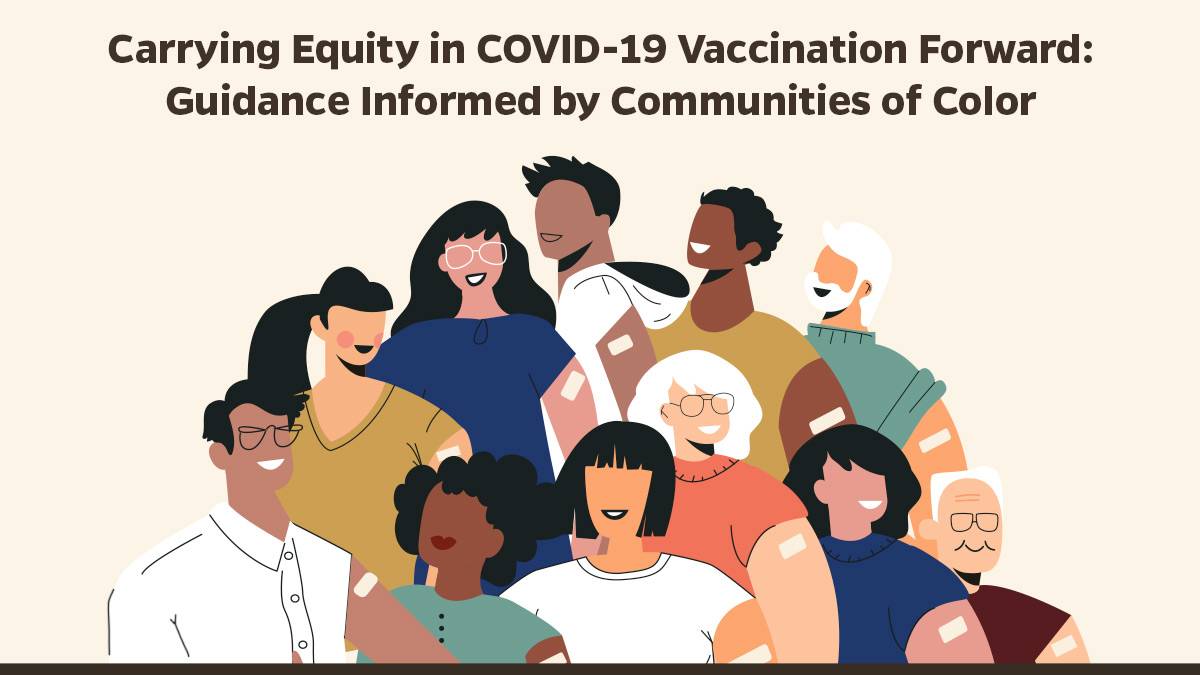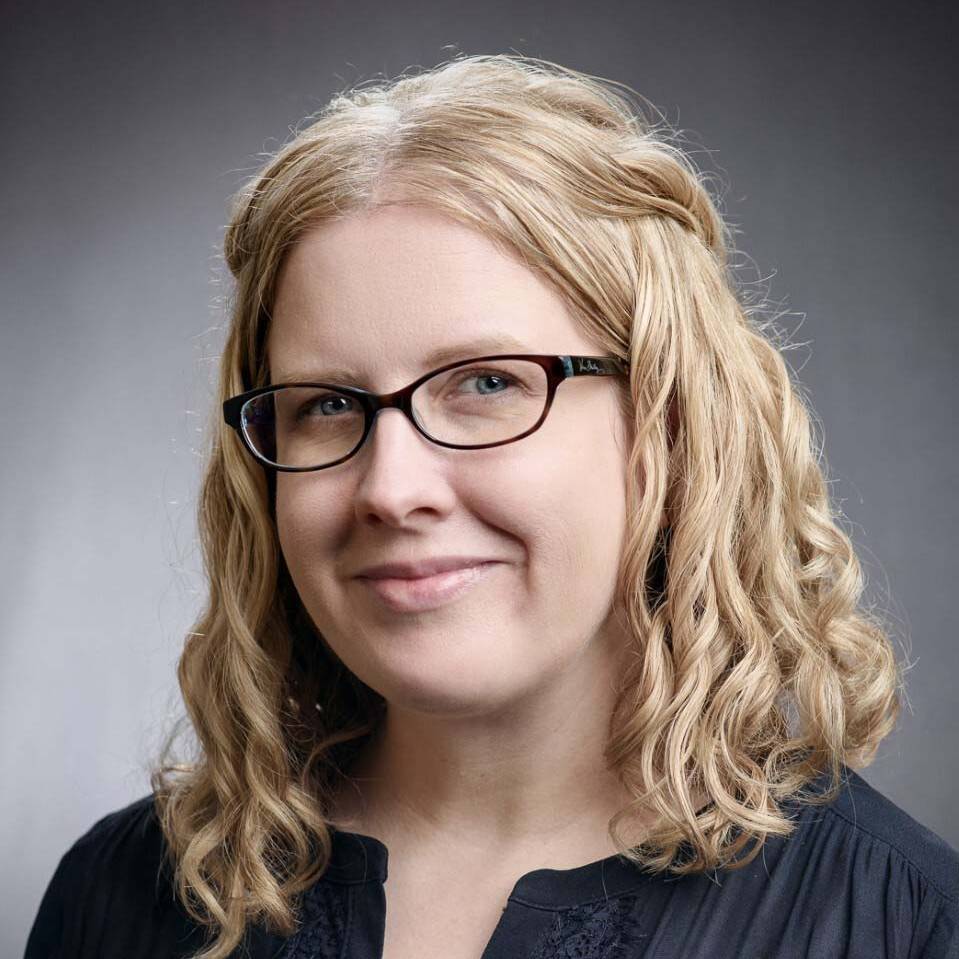Julie Cooper | July 15, 2021

CommuniVax, a coalition led by the Department of Anthropology at Texas State University and the Johns Hopkins Center for Health Security at the Bloomberg School of Public Health has released a new report — “Carrying Equity in COVID-19 Vaccination Forward: Guidance Informed by Communities of Color” — that outlines findings from research with Black and Hispanic/Latino communities across the US.

Dr. Emily Brunson, an associate professor of anthropology, serves as co-chair of the national coalition whose aim is to strengthen the role and involvement of local communities in an equitable COVID-19 vaccination campaign. The coalition, co-chaired by Brunson and Dr. Monica Schoch-Spana, a medical anthropologist and senior scholar at the Johns Hopkins Center for Health Security, consists of six local research teams working in Alabama, California, Idaho, Maryland, and Virginia; a central working group that includes experts in community engagement, medicine, public health, public policy, social science; and a network of national stakeholders with political, technical, and social justice perspectives on vaccine delivery and coverage.
"CommuniVax represents a timely opportunity to support community alignment around COVID-19 vaccination," Brunson said. "There are many longstanding issues that need to be considered in this and future public health emergencies. It is important for public health experts and practitioners to learn from—and work directly with—communities to nurture trust and build collective ownership."
The coalition’s latest report considers how the COVID-19 vaccination campaign should adapt to address upcoming vaccination challenges including persistently low vaccination coverage (due to low/no access, hesitancy, or a combination of these), expanding COVID-19 vaccination to children, and orchestrating a potential booster dose campaign.
Drawing on local, ethnographic research conducted with Black and Hispanic Latino communities the report provides specific guidance for community leaders, elected and appointed officials, and public health authorities to adapt COVID-19 vaccination efforts to achieve greater vaccine coverage in underserved and racial/ethnic minority communities, and through this, to develop sustainable, locally appropriate mechanisms to advance equity in health.
About the Johns Hopkins Center for Health Security
The Johns Hopkins Center for Health Security works to protect people from epidemics and disasters and build resilient communities through innovative scholarship, engagement, and research that strengthens the organizations, systems, policies and programs essential to preventing and responding to public health crises. The center is part of the Johns Hopkins Bloomberg School of Public Health, located in Baltimore.
Share this article
For more information, contact University Communications:Jayme Blaschke, 512-245-2555 Sandy Pantlik, 512-245-2922 |
